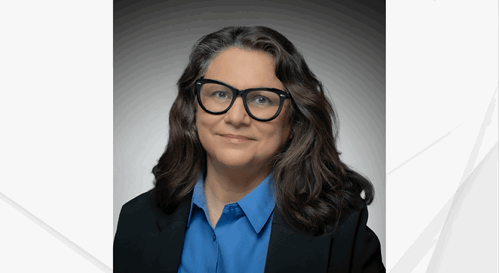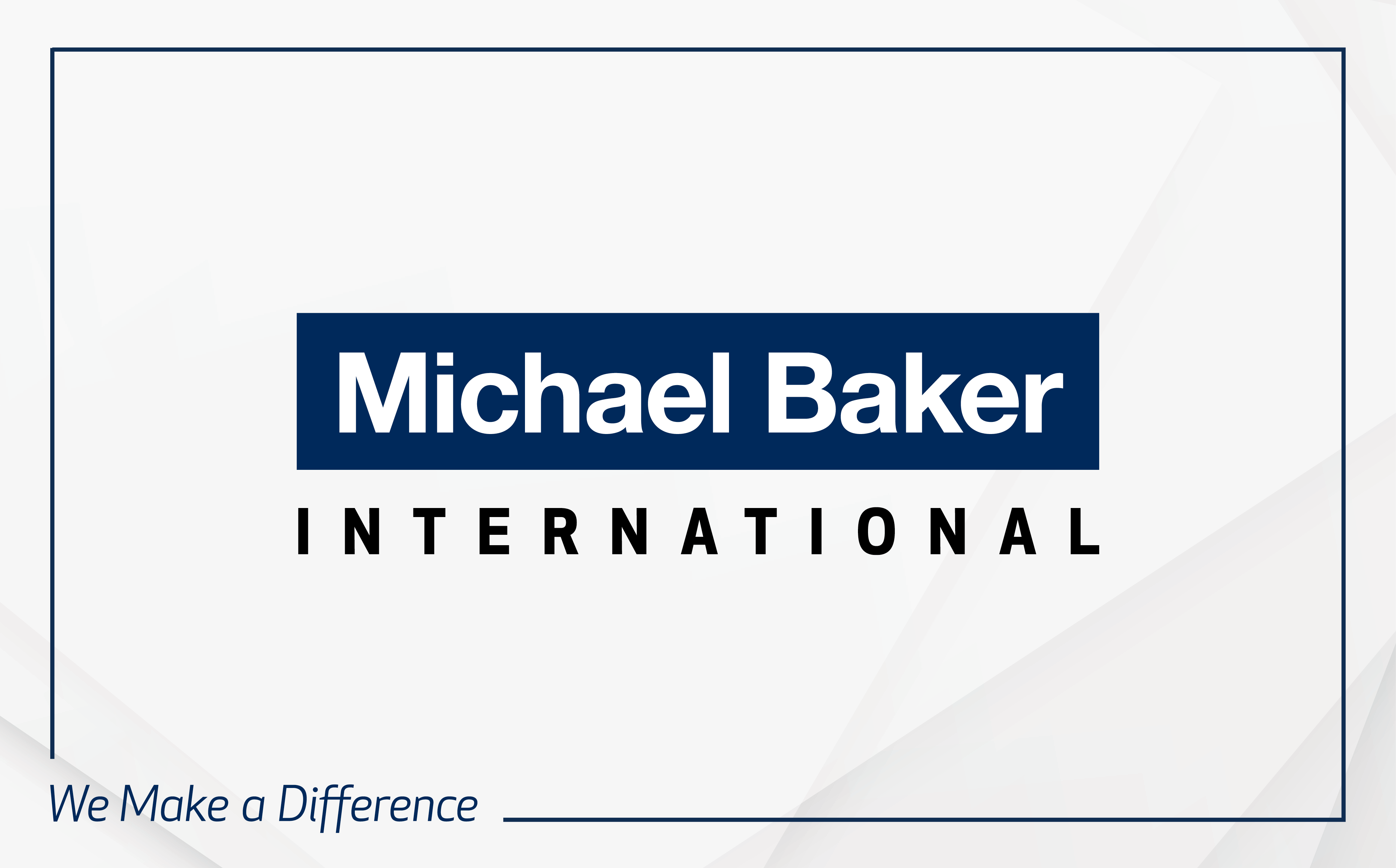October is National Community Planning Month, a celebration of the role that planners play in creating thriving communities.
At Michael Baker International, we have a keen focus on people and constantly seek to improve communities and create more sustainable, convenient, healthy and attractive places. Our team of planners, landscape architects and public engagement experts collaborate with clients and communities to design shared spaces that are safe, accessible and equitable for all. On any given day, these efforts might include creating affordable housing options, generating accessible transportation solutions, preparing for natural disasters or identifying economic development opportunities.
As National Community Planning Month comes to a close, we chatted with colleagues in our Planning Practice who are working to plan safe, resilient, equitable and prosperous communities.
Vanessa Shamberg, AICP, Project Manager – Planning
Harrisburg, Pennsylvania

Michael Baker: What inspired you to pursue a career in planning?
Vanessa Shamberg: Public policy was my favorite course in college, where I studied politics. An internship senior year exposed me to the world of planning and how local public policy, often in the form of comprehensive plans and zoning, is foundational to our home communities.
Michael Baker: What makes your work in planning challenging and exciting?
Vanessa Shamberg: Planning touches a lot of topics and, in certain ways, requires our team to be a generalist. I work on anything from structuring a new grant program for the Alaska Energy Authority to redevelopment studies for old state hospitals, general comprehensive plans and more. Planning requires constant learning for the diversity of issues we touch.
Jeffrey Graham, LEED Green Associate, Planner
Long Beach, California

Michael Baker: How does your work Make a Difference for our clients and the communities we serve?
Jeffrey Graham: I work as an Agency Staffer. Our team’s services are requested often when a city is experiencing staffing shortages or when increased workloads cause stress on planning staff. I think our clients not only appreciate that we can integrate with their staff quickly and be assigned a myriad of projects, but also that we can provide suggestions for process improvements and best practices based on our experience working in several other jurisdictions.
Michael Baker: How do you anticipate the planning industry evolving in the next 5-10 years?
Jeffrey Graham: Technology will continue to impact the way that planners work, especially as it relates to community outreach. I also think that cities exploring zoning reform as a way to increase housing production and reduce racial and economic segregation will change the scope of projects that planners review.
Susan Howard, CISSP, National Industrial Control Systems Lead
Seattle, Washington


Michael Baker: You recently joined Michael Baker as Vice President, National Industrial Control Systems Lead. What are your key responsibilities in this newly created role?
Susan Howard: Embedded in the Planning Practice, my primary mission is to expand our Industrial Control Systems (ICS) and Operational Technology (OT) services which are primarily cybersecurity, beyond what we are currently doing with design specifications for federal and non-federal projects. This expansion will touch our Federal, Infrastructure and Technology sectors and all practices and services and provides ways to discover new value and innovative solutions.
Michael Baker: Why is Operational Technology/cybersecurity so important to clients in our industry?
Susan Howard: While the term Operational Technology (OT) continues to evolve, the systems involved include automated control systems for things like electric vehicle (EV) chargers, microgrids, building systems, substations, and hundreds of other automated systems used in transportation, water and wastewater, electric utilities, buildings, communities, environmental management systems and anything labeled “smart” today.
While a cyberattack in Enterprise IT may cause a service outage and data breach, a cyberattack in OT can and has caused loss of life. It’s all about saving lives at the end of the day, while also improving performance, efficiency, sustainability and resilience. While we are all affected, these threats are especially relevant to our national defense agencies, which rely often on civilian infrastructure, as well as our most vulnerable communities who are the most affected by such risks.
Learn more about Michael Baker’s Planning Practice here: https://mbakerintl.com/practices/planning




